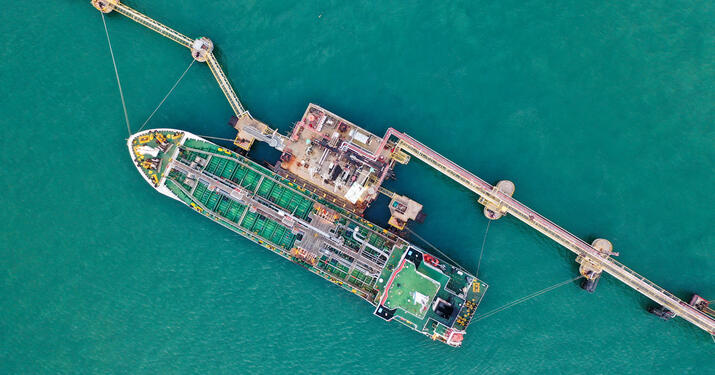
Future fuels – supporting you on your energy transition journey
The IMO has set ambitious targets for the global marine industry to facilitate a path to zero greenhouse gas (GHG) emissions by 2050. To make that a reality, vessels need to be powered by fuels that produce very low or no GHG emissions from well to wake. World Fuel stands ready to supply future and transition fuels as you navigate your fleet towards greener, cleaner operations.
Future Fuels
A milestone for sustainable cruising
Norwegian Viva has taken delivery of a waste-based marine fuel blend in Piraeus, Greece—one of the first biofuel bunkerings for a cruise vessel in the region. See how World Fuel Services and EKO worked together to make this possible and why scalable alternative fuels matter for the cruise industry’s energy transition.
Alternative fuel choices for your vessels
Broadly speaking, there are three main categories of non-fossil, renewable, and zero-carbon energy sources that the marine industry is exploring:
- Hydrogen and its derivatives, such as ammonia
- Biofuels such as biodiesel and bio-LNG
- Synthetic fuels and electrofuels, such as e-methanol
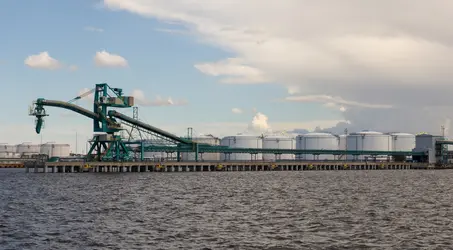
Ammonia offers low or zero CO2, sulfur, or particulate emissions when combusted, and has the advantage of a ready supply chain infrastructure established for other use sectors. However, safety, handling, and crew competency challenges need to be addressed.
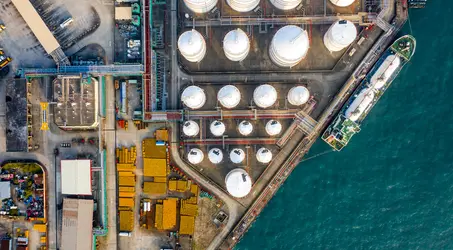
Biofuels, including FAME, HVO, and biodiesel, could offer compatibility with existing engines and bunkering infrastructure. However, not all biofuels meet regulatory requirements, and supply constraints may need to be factored into purchase planning.
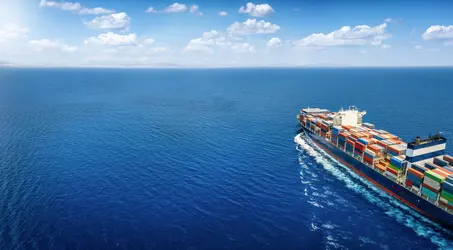
E-fuels, such as e-methanol and e-hydrogen, offer zero-carbon potential if produced using renewable energy and carbon capture. However, production scalability, cost competitiveness, and infrastructure hurdles remain.
At World Fuel, we are monitoring alternative fuel and propulsion technology developments in the industry closely so that we can source and supply future fuels when and where you need them. We are already establishing a robust and certified biofuel supply chain across strategic global ports, to provide you with dependable access to high-quality, compliant biofuels supported by technical and regulatory expertise.
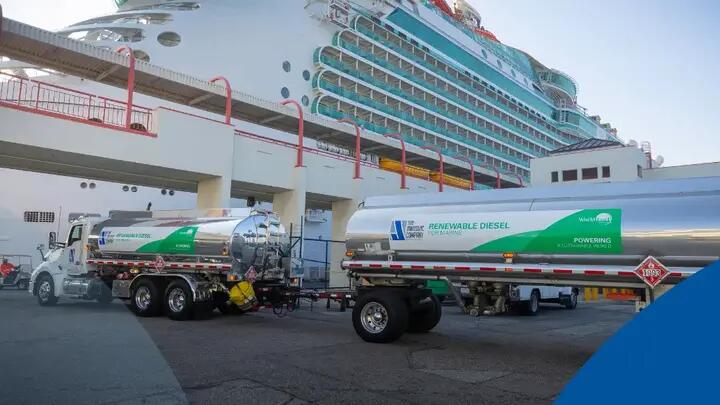
Biofuels on board: How World Fuel is supplying the next route to decarbonization
With FuelEU Maritime and EU ETS among the initiatives driving an increasingly urgent demand for lower-carbon fuels, this blog explores how biofuels have emerged as ready and expedient decarbonization options, offering reduced combustion emissions while also being compatible with existing vessel infrastructure and engine technologies. However, there are several important factors to consider when choosing biofuel as a route to compliance.

Talk to our marine experts about your energy transition journey
A decarbonization strategy for your fleet will depend on many factors, including vessel design, propulsion systems, operational efficiency, route optimizations, and waste reduction.
Whichever pathway is best for your business, World Fuel can provide full support.

